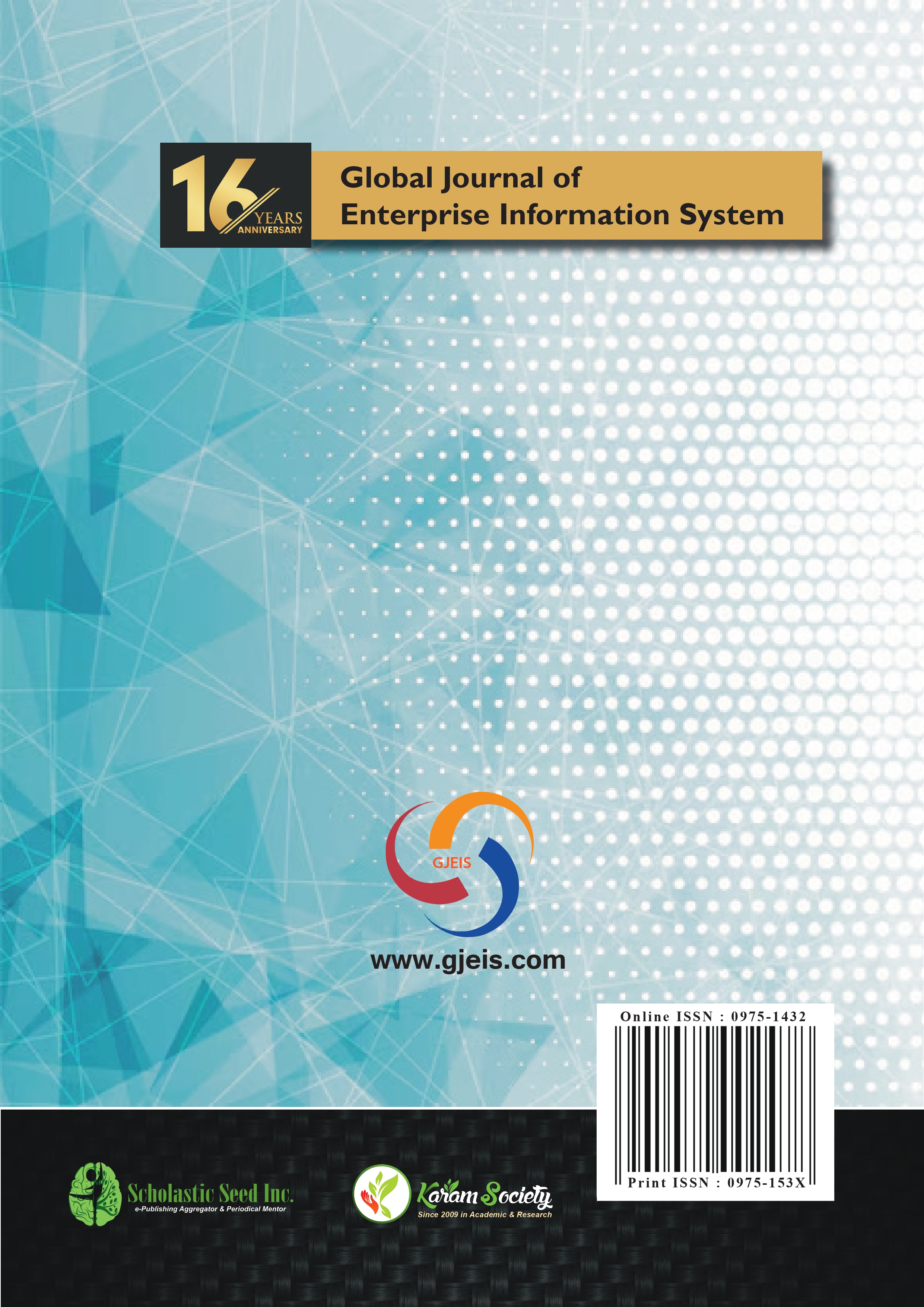The Impact of Social Media Technology on Manipulative Marketing Potential
Abstract
Purpose: This study gives a deep understanding of changing ways of manipulative marketing in the presence of social media to assess the tendency of viewers of getting influenced and changing their opinions. This paper endeavours to meet challenges to develop a definition of manipulation that addresses how social media technology facilitates manipulative practices. The term “online manipulation” is used to highlight the particular class of manipulative practices enabled by a broad range of information technologies. We aim to contribute to philosophical accounts of manipulation with our conceptual and normative work by clarifying the nature of manipulative practices and drawing attention to the new universe of manipulation cases that information technology raises. Beyond philosophical accounts, however, our work engages with law and policy debates and aims to guide efforts to struggle against the destructive impacts of manipulation.
Design/Methodology/Approach: Study is conducted among 132 young respondents of age group 18 to 35 years and few mature adults. Primary data was collected through a questionnaire. Convenience sampling was used to collect the data. All data was collected through online access.
Findings: The maximum social media Apps used by people in Delhi and NCR are Whats-App, YouTube, Facebook and Instagram in descending order. On social media if respondents like the content of the post too much, they either share it or forward it in their group. Maximum respondents forward the messages of Positivity to their friends, followed by General Jokes and Political memes and news. Only 16 % of respondents received messages from specific social media groups for any kind of recognition (like digital badge) for forwarding messages of that group. Such messages are received from News Group or online shopping groups. 37% respondents agreed that sometimes they feel influenced with these groups whereas only 5% said that they are very much influenced.
Originality/Value: The paper uses secondary and primary data both for this study. Primary data was collected through a questionnaire. The data collected is analysed through MS Excel using charts.
Paper Type: Empirical Research Paper.
Copyright (c) 2023 Global Journal of Enterprise Information System

This work is licensed under a Creative Commons Attribution-NonCommercial-NoDerivatives 4.0 International License.








